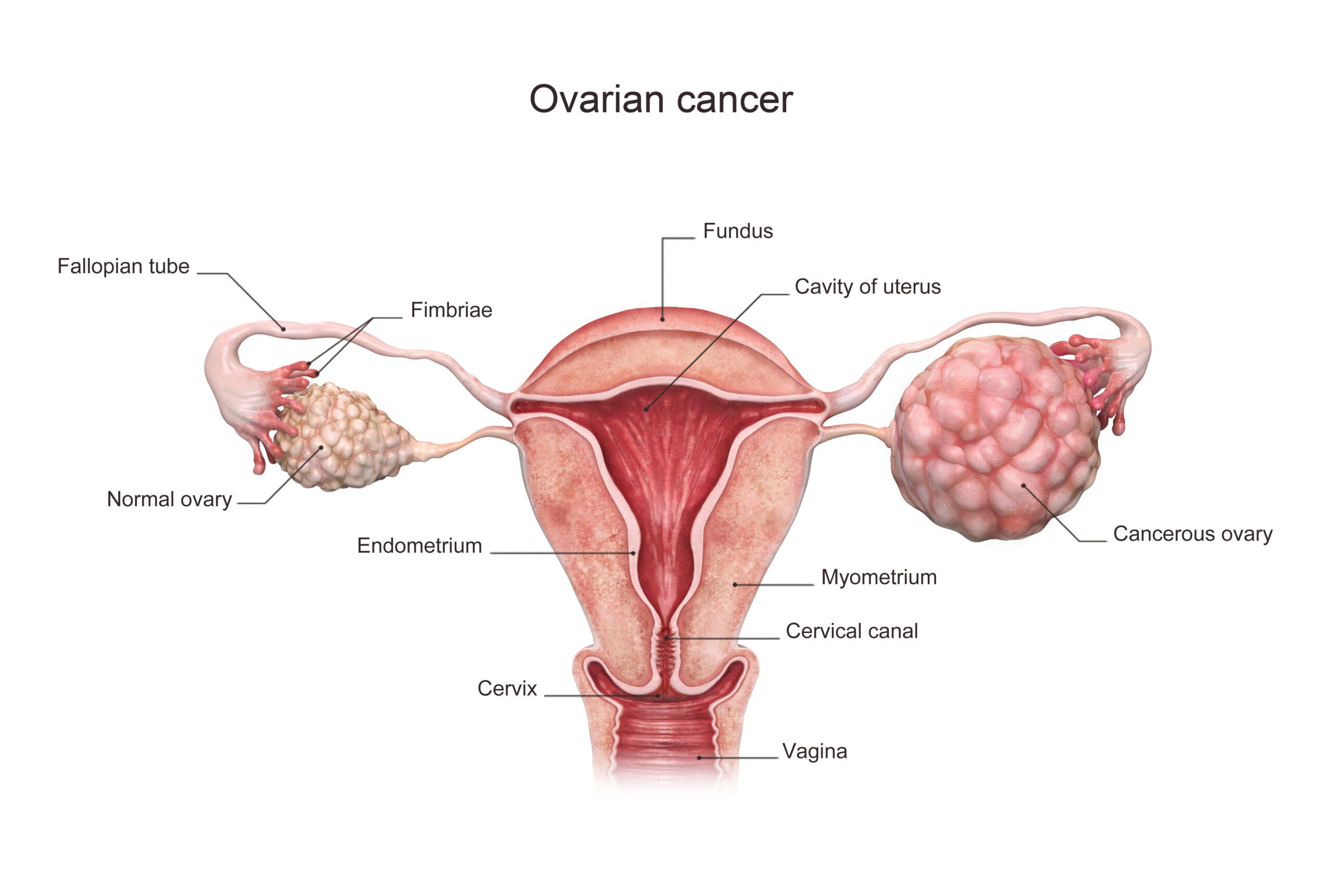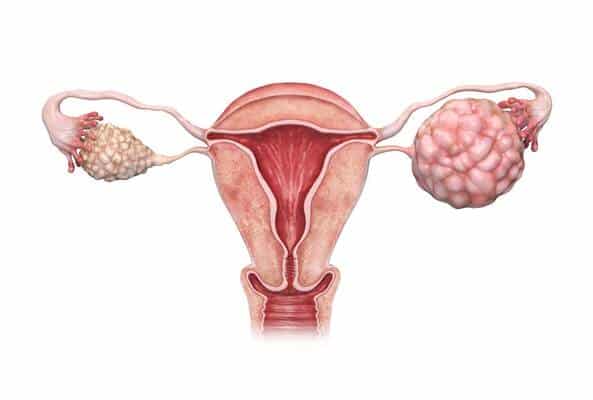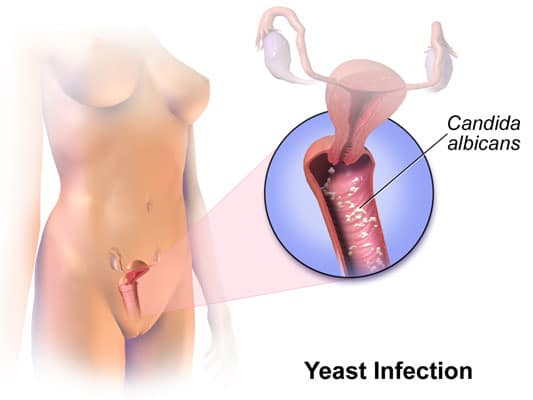Ovarian tumors, whether benign (non-cancerous) or malignant (cancerous), can produce a range of symptoms. It’s important to note that these symptoms can be vague and may resemble other common conditions. If you experience any of these symptoms persistently, especially if they are severe or worsening, it is crucial to consult a healthcare provider for a proper evaluation. Here are some common symptoms associated with ovarian tumors:
- Abdominal or Pelvic Pain: Persistent, unexplained pain or discomfort in the lower abdomen or pelvic region is a common symptom. This pain may be dull, aching, or sharp.
- Bloating: Ovarian tumors can cause abdominal bloating or a feeling of fullness, even if you haven’t eaten much.
- Changes in Bowel Habits: Some individuals with ovarian tumors may experience changes in bowel habits, such as constipation or diarrhea, which may not respond to typical treatments.
- Frequent Urination: You might find yourself needing to urinate more frequently than usual, and the urge to urinate may be sudden or urgent.
- Difficulty Eating: Many women with ovarian tumors report feeling full quickly when eating, or they may have a decreased appetite.
- Increased Abdominal Girth: As ovarian tumors grow, they can cause the abdomen to swell or increase in size. This may be noticeable through changes in clothing fit.
- Painful Intercourse: Some women with ovarian tumors may experience pain or discomfort during sexual intercourse.
- Back Pain: Ovarian tumors, especially if they have grown large, can sometimes cause lower back pain.
- Fatigue: Persistent fatigue or a general feeling of low energy may be associated with ovarian tumors, especially if they are causing other symptoms.
- Unexplained Weight Loss or Gain: Significant and unexplained changes in weight, either loss or gain, can sometimes be linked to ovarian tumors.
- Menstrual Changes: Ovarian tumors, particularly those known as “functional” tumors, can sometimes lead to irregular menstrual cycles or other menstrual changes.
- Pain in the Legs: In rare cases, ovarian tumors can press on nerves in the pelvis, causing pain that radiates down the legs.
It’s important to remember that these symptoms are not exclusive to ovarian tumors and can be caused by various other conditions. Additionally, not all individuals with ovarian tumors will experience these symptoms. Some ovarian tumors, especially in the early stages, may not cause any noticeable symptoms.
Because these symptoms can be subtle and easily attributed to other causes, it’s crucial for individuals, especially those at higher risk due to family history or genetic factors, to be vigilant and seek medical evaluation if they suspect ovarian issues. Early detection and treatment can improve outcomes for ovarian tumors, particularly in cases of ovarian cancer.
Consult, personalized advice and guidance from Dr. Arohi Tasgaonkar, a Gynecologist in Ghodbunder Road Thane at in Complete Women’s Care




